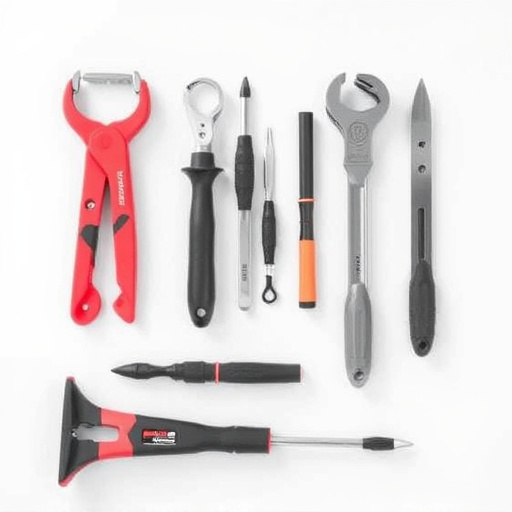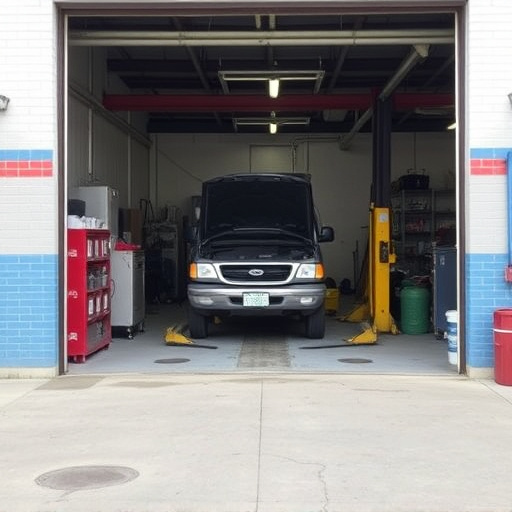Understanding insurance policy language and preparing thoroughly are crucial for beginners negotiating with insurers. Research common tactics, distinguish between optional add-ons and mandatory coverage, compare offers from different companies, and maintain assertiveness to secure fair settlements and potentially lower rates.
“Unraveling the complexities of insurance negotiations is a game-changer for any beginner. This comprehensive guide aims to empower you with the knowledge to tackle conversations with insurers confidently. From deciphering policy jargon to mastering negotiation strategies, we’ll prepare you for successful interactions. Learn how to navigate the process effectively, ensuring you secure the best coverage at a price that suits your needs. Get ready to unlock the secrets of insurance company negotiations and take control of your financial security.”
- Understanding Insurance Policy Language
- Preparing for Effective Negotiations
- Strategies to Get the Best Deal from Insurers
Understanding Insurance Policy Language

Understanding insurance policy language is a crucial step before engaging in company negotiations, especially for complete beginners. Policies can seem complex with their jargon and technical terms, but simplifying them is the key to navigating conversations effectively. Familiarize yourself with common coverage terms like liability, deductibles, premiums, and exclusions. For instance, know that a deductible is the amount you pay out-of-pocket before insurance covers the rest, while understanding exclusions clarifies what your policy doesn’t cover, such as pre-existing conditions in health plans or specific perils for property insurance.
When it comes to negotiating with an insurance company, knowing how your policy works gives you a solid foundation. For example, if you’re dealing with dent repair or fender repair claims, understanding coverage limits and deductibles will help determine the out-of-pocket costs. Even smaller issues like scratch repairs can have varying levels of compensation depending on your policy’s terms. Being informed allows you to advocate for yourself, ensuring fair settlements and potentially securing better rates in future negotiations.
Preparing for Effective Negotiations

Preparing for effective insurance company negotiations is a crucial step in securing the best possible outcome after an accident or incident. Before engaging with your insurer, gather all necessary information related to the claim—photos of damages, repair estimates from trusted mechanics or body shops (including alternatives like paintless dent repair), and medical records if applicable. This prepares you not only to communicate clearly but also to present a well-rounded case.
Additionally, understand your policy coverage thoroughly. Know what’s included in your insurance plan and any limitations or exclusions. Research common tactics used by insurers during negotiations; this knowledge will help you anticipate their moves. Consider seeking advice from experienced individuals or professionals who can guide you through the process, especially when dealing with complex claims like car body restoration after a vehicle collision repair. Remember, preparation is key to achieving a fair settlement.
Strategies to Get the Best Deal from Insurers

When engaging in insurance company negotiations, it’s essential to be strategic and prepared. The first step is to thoroughly understand your policy and what it covers. Know the difference between optional add-ons and mandatory coverage. This knowledge will empower you during discussions. Researching industry standards for premiums and deductibles for similar policies is a powerful tool. You can use this information to argue for lower rates or better terms.
Additionally, don’t shy away from comparing offers from different insurers. This competitive approach often leads to better deals. Consider negotiating not just the premium but also additional services like faster claim processing, reduced out-of-pocket expenses for specific repairs (like a bumper repair, auto glass replacement, or car dent removal). Be assertive but respectful throughout the negotiation process, and don’t settle until you achieve a deal that aligns with your needs and budget.
For complete beginners navigating insurance company negotiations, mastering policy language, thorough preparation, and employing strategic tactics are key. By understanding complex terms and armed with relevant data, you can confidently secure the best coverage at a price that suits your needs. Remember, effective negotiation is an art, and with the right approach, you can unlock favorable deals in the ever-evolving landscape of insurance company interactions.














